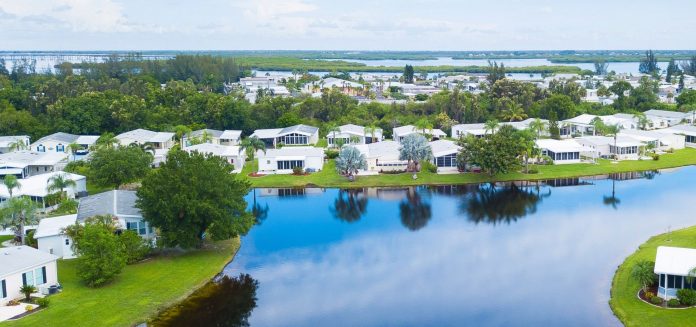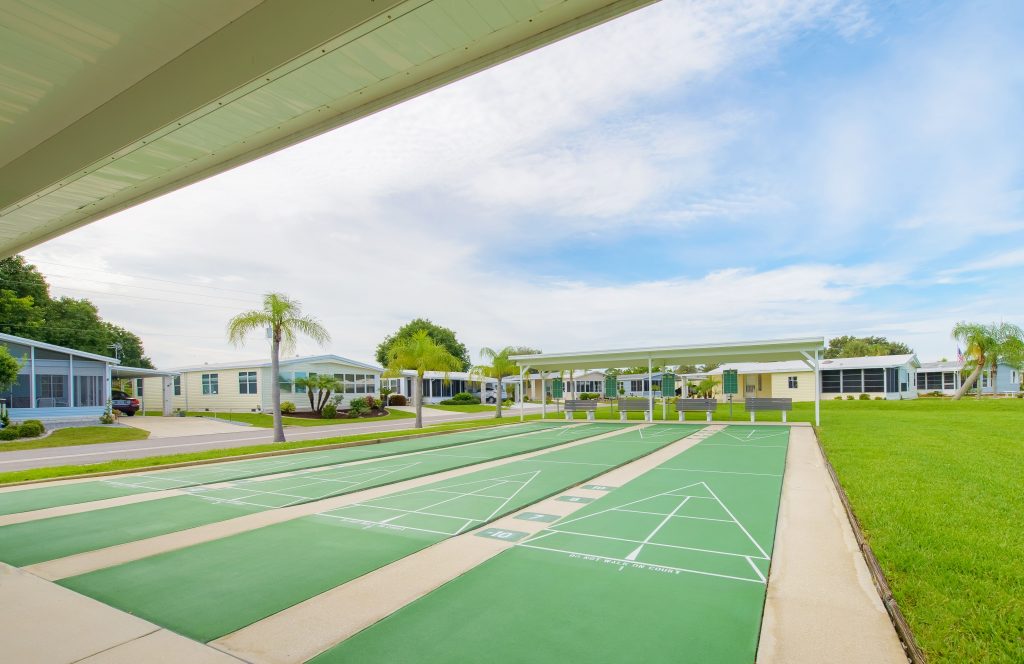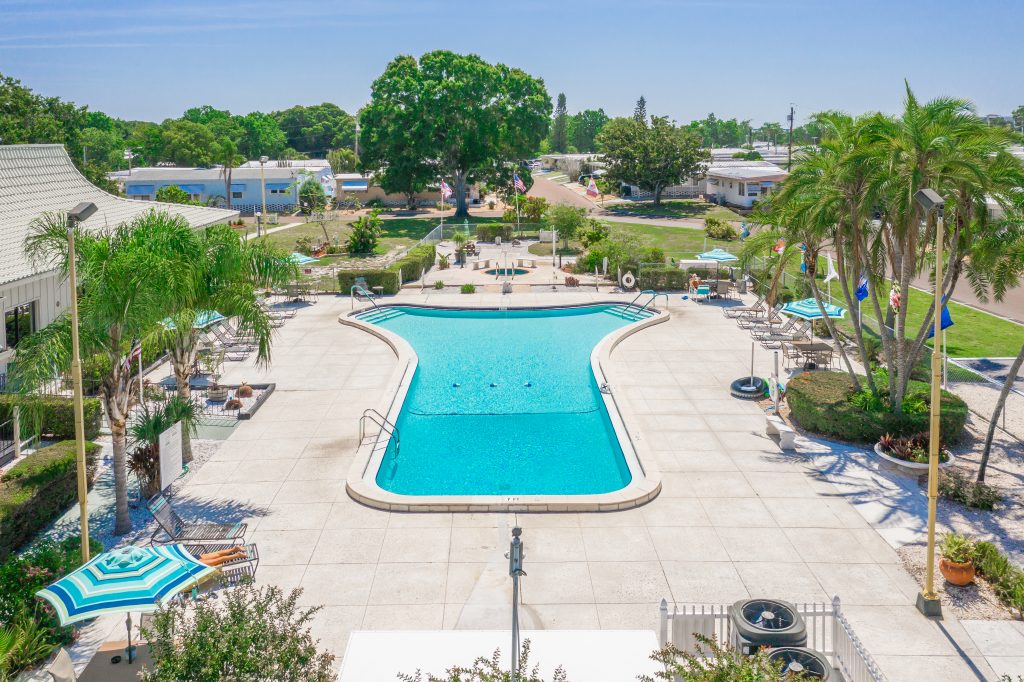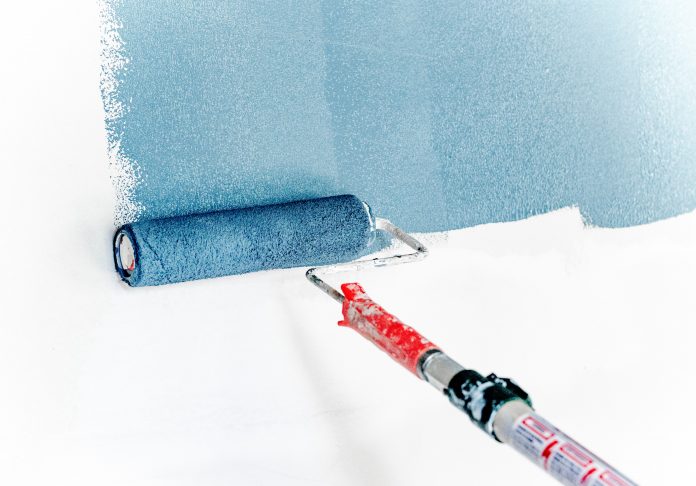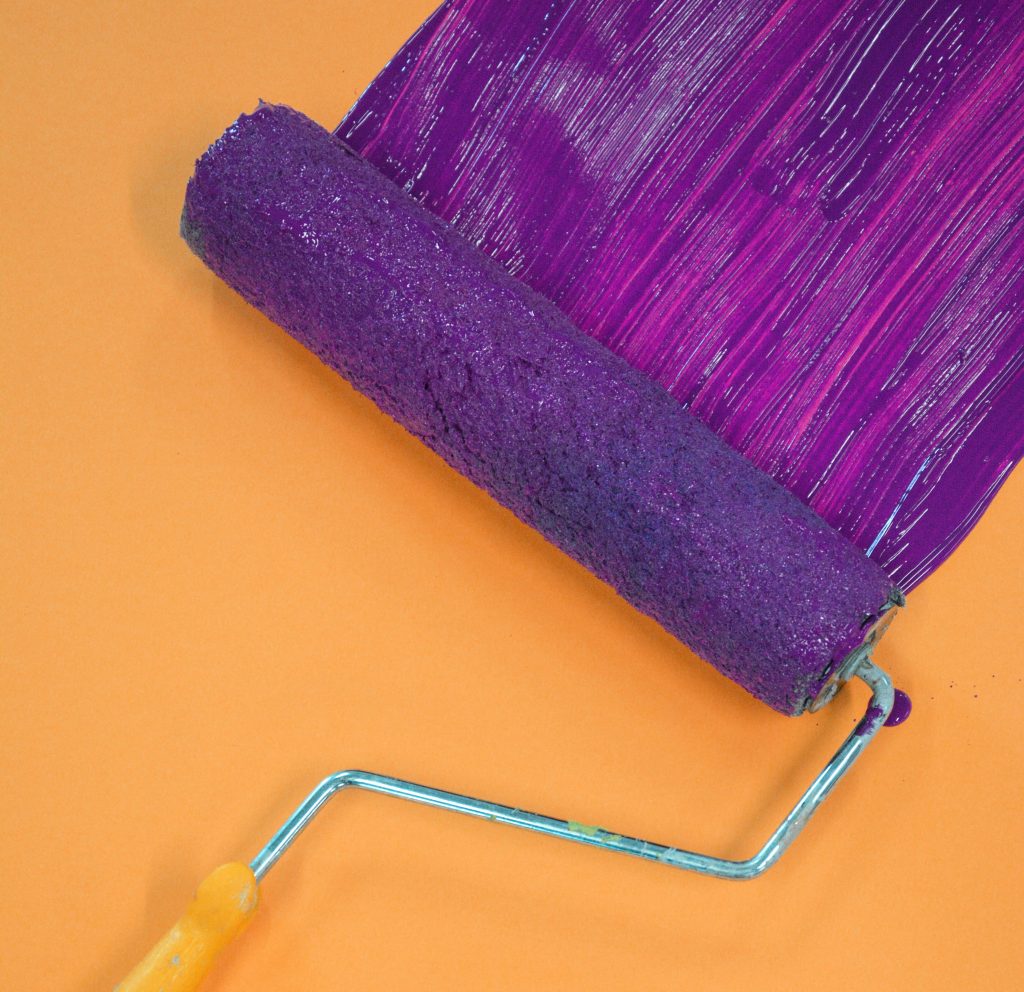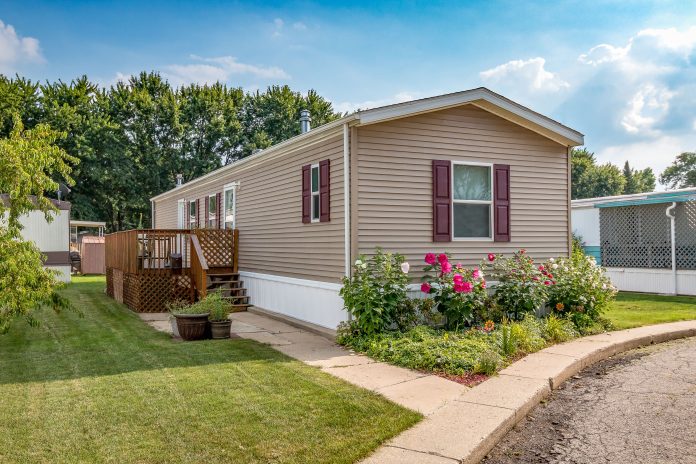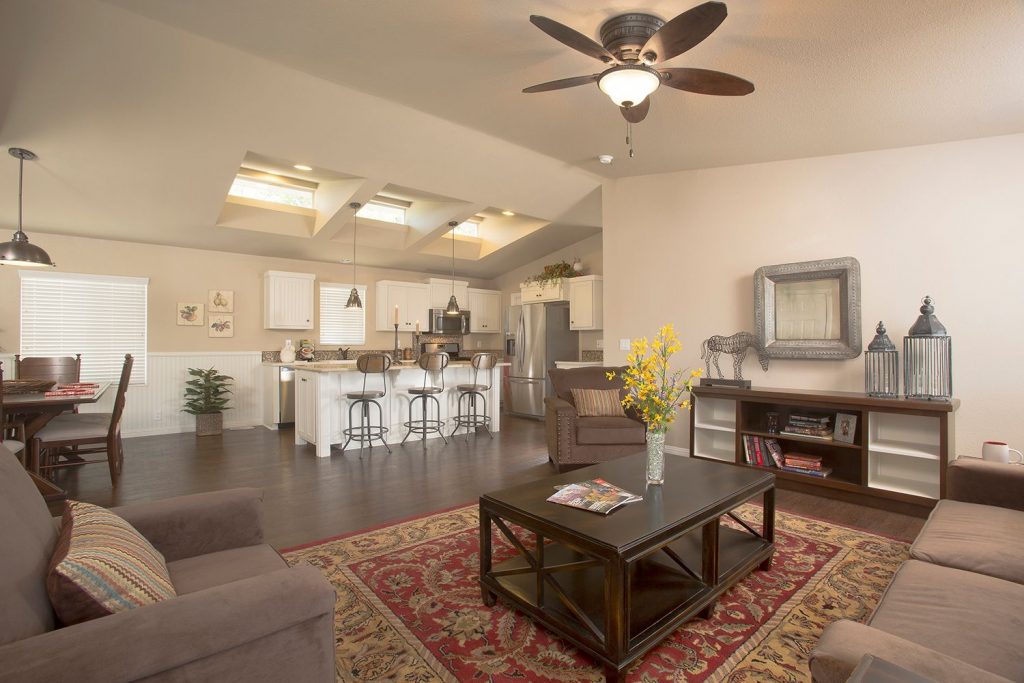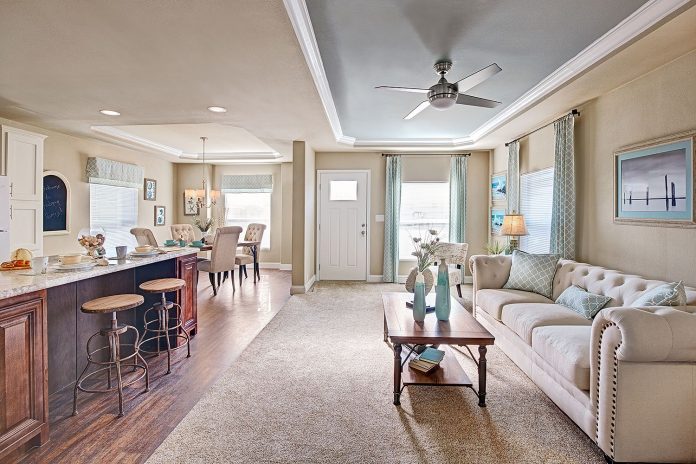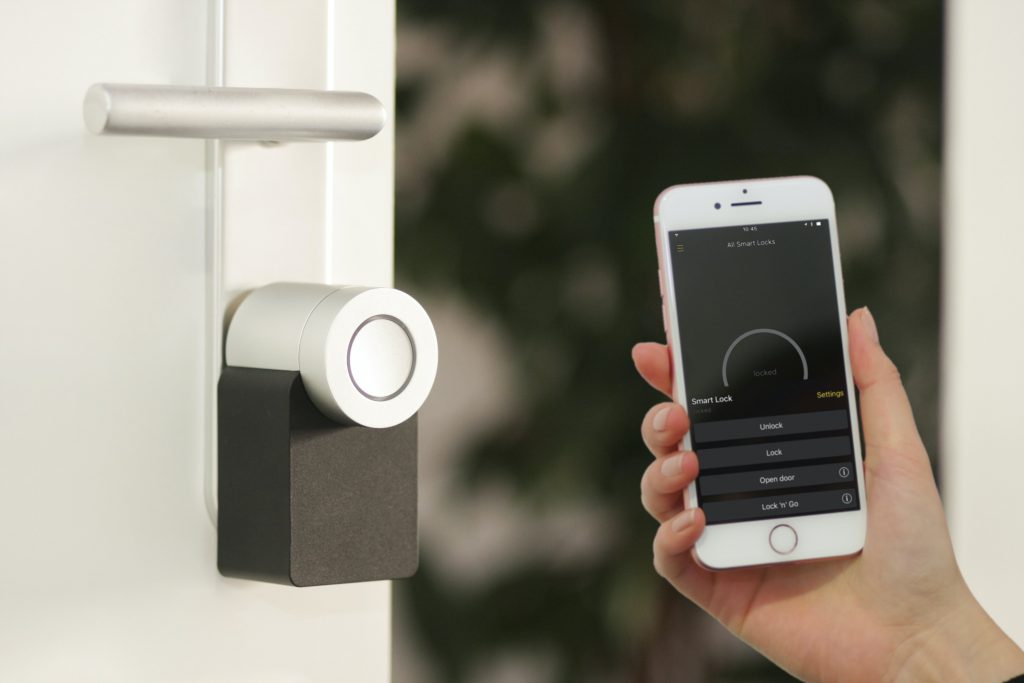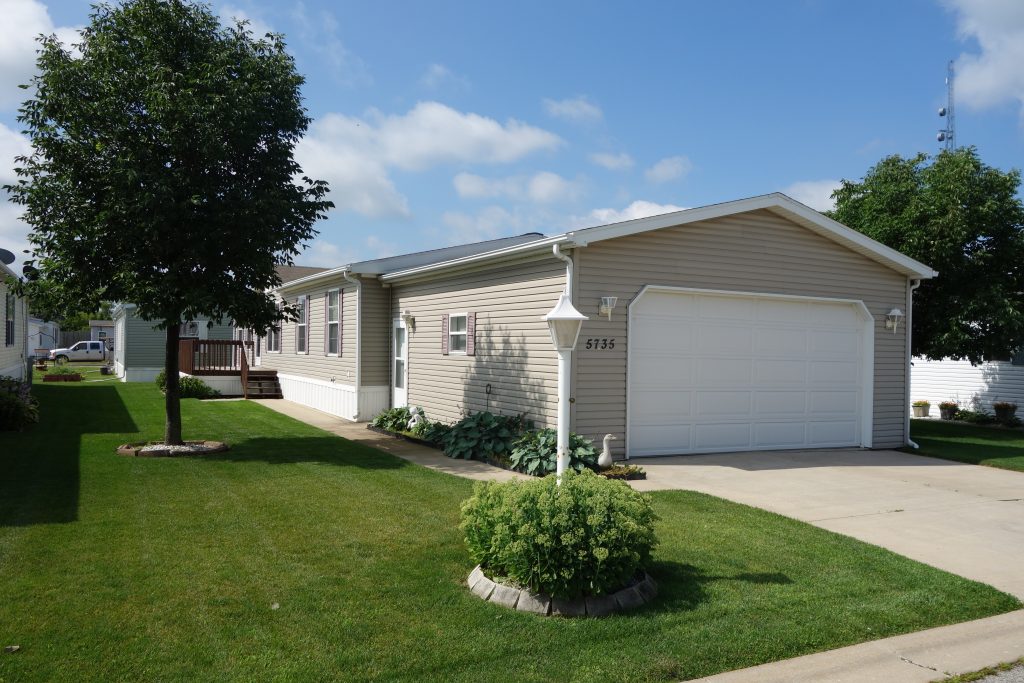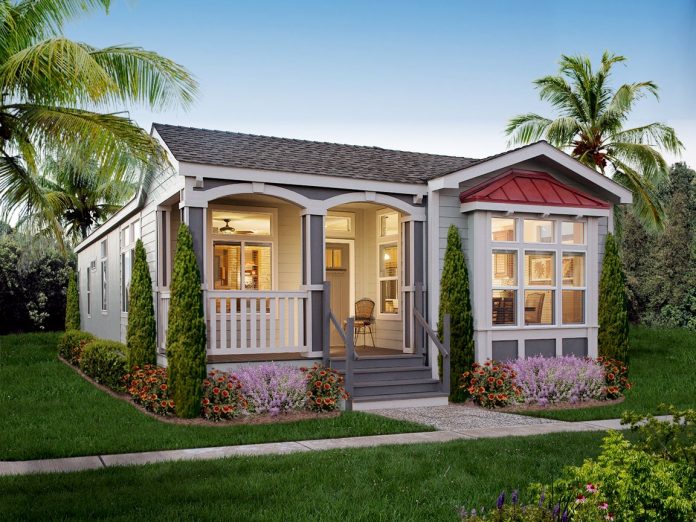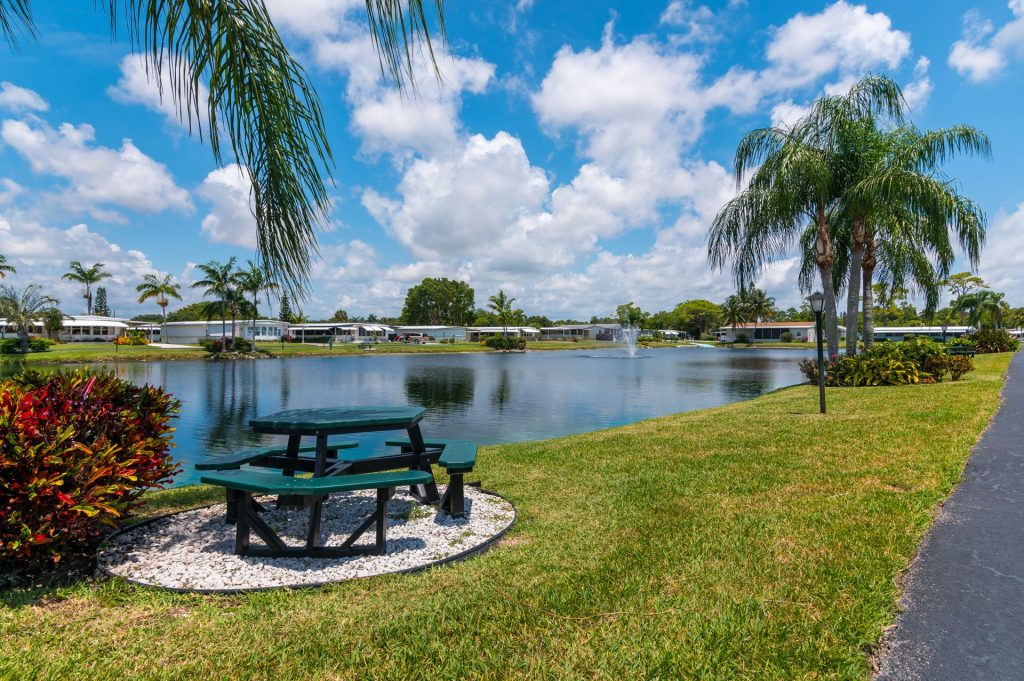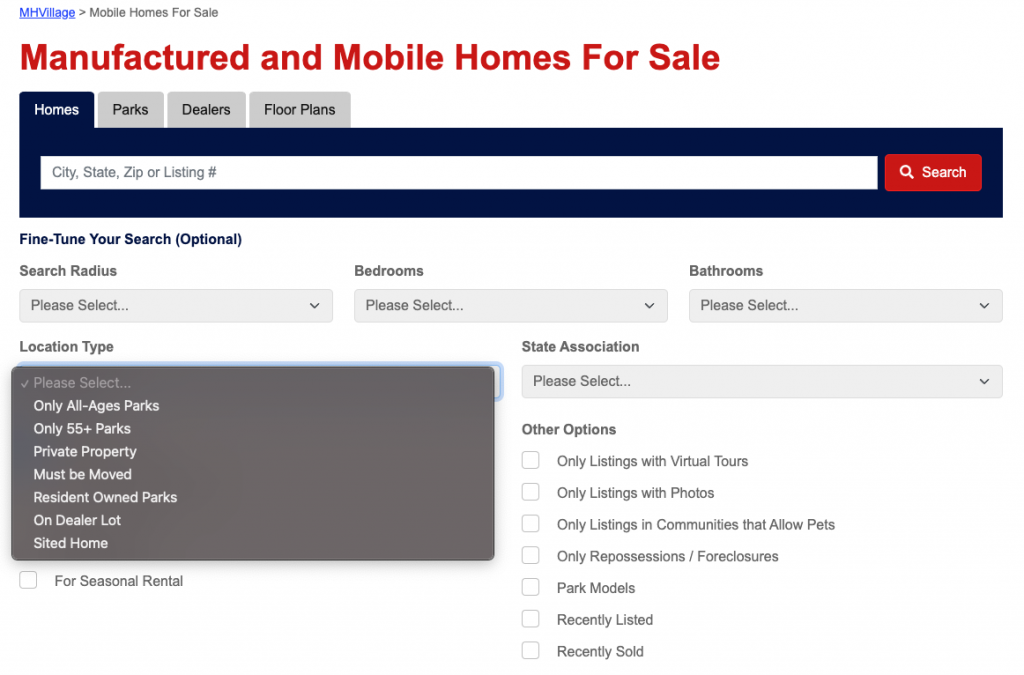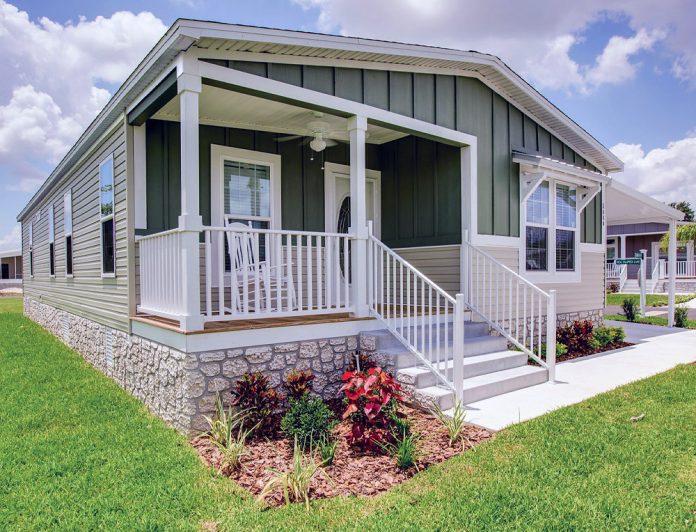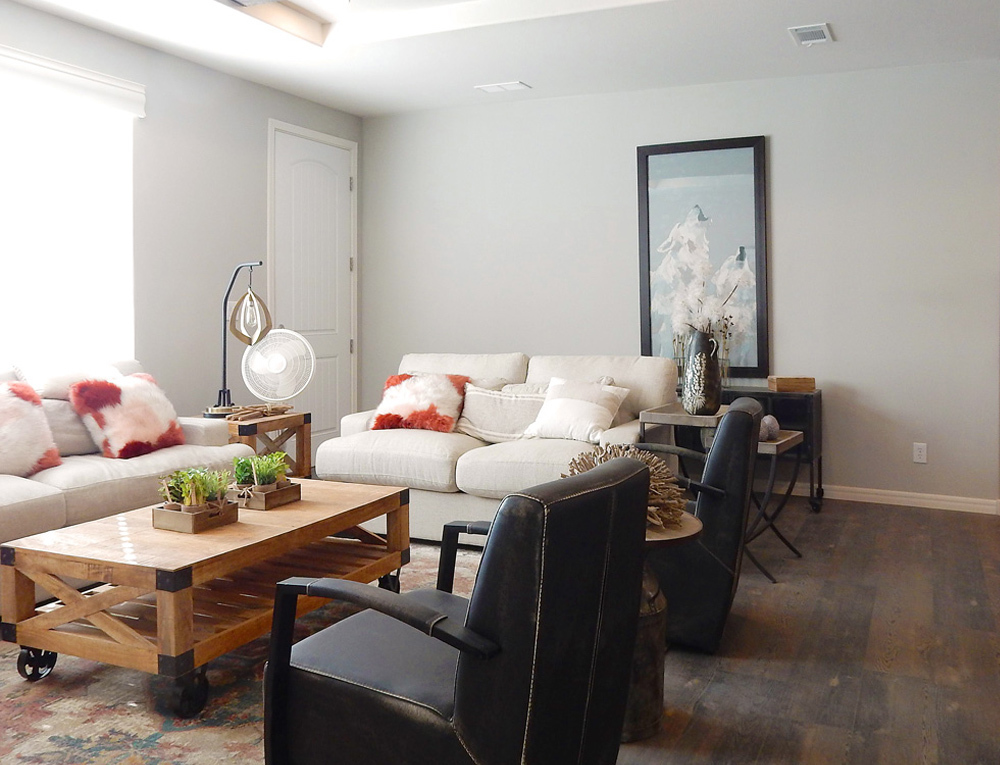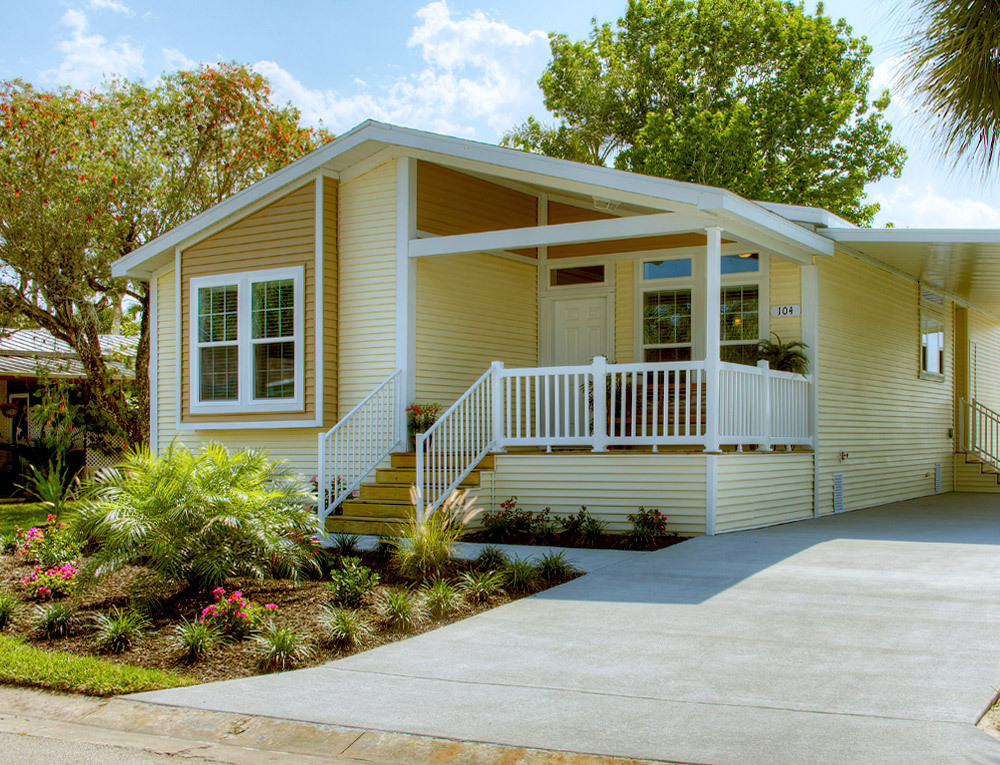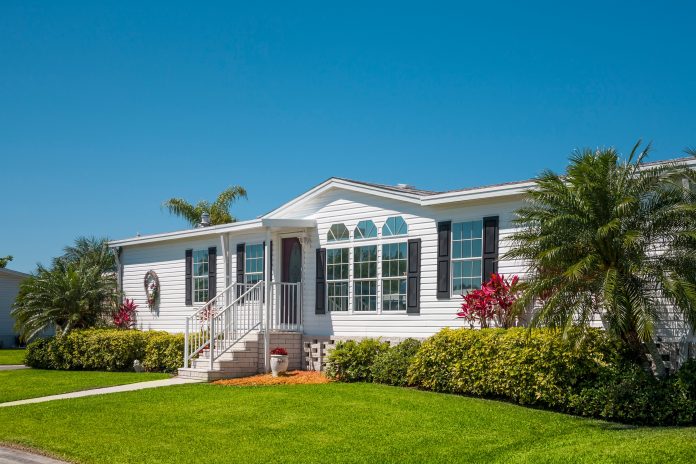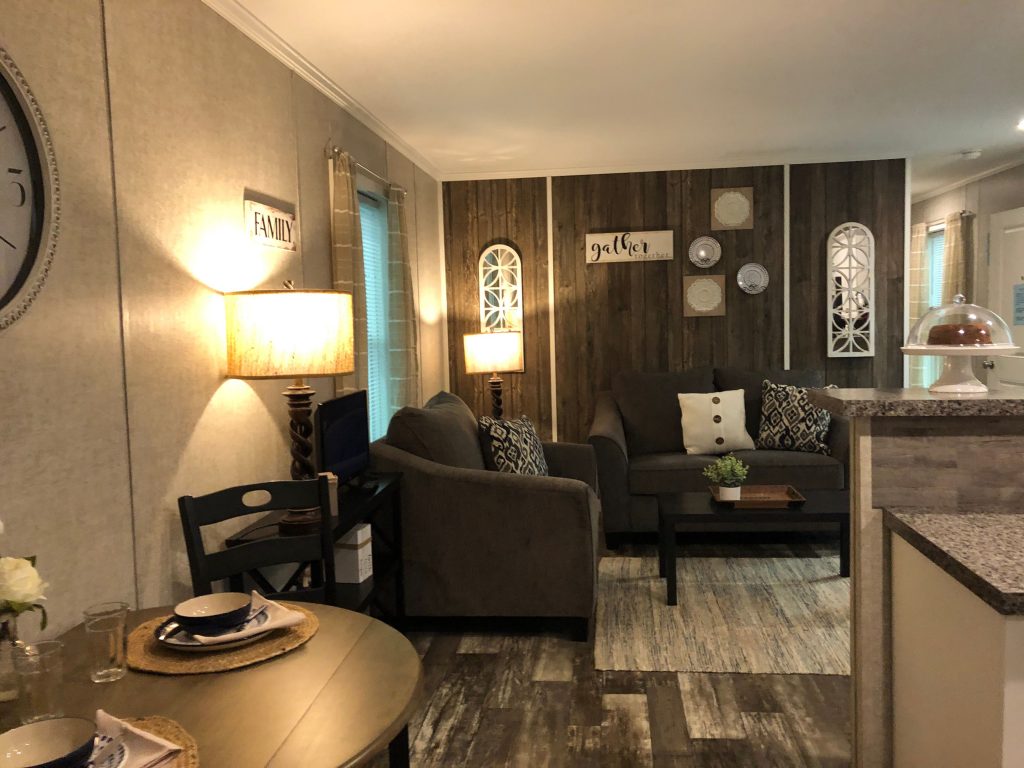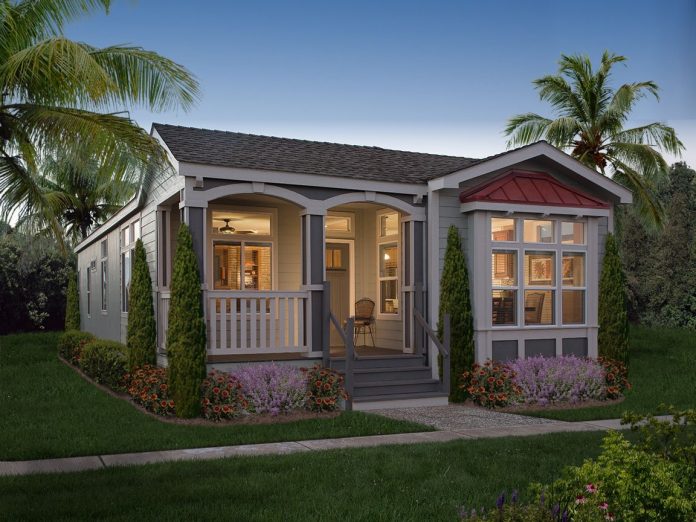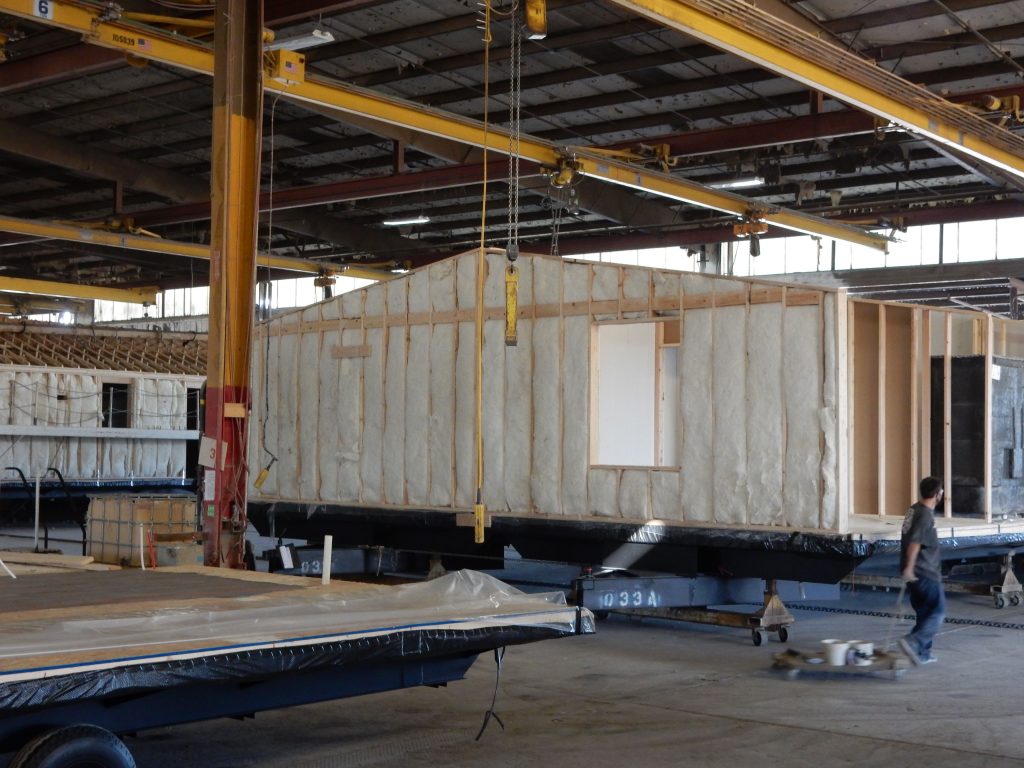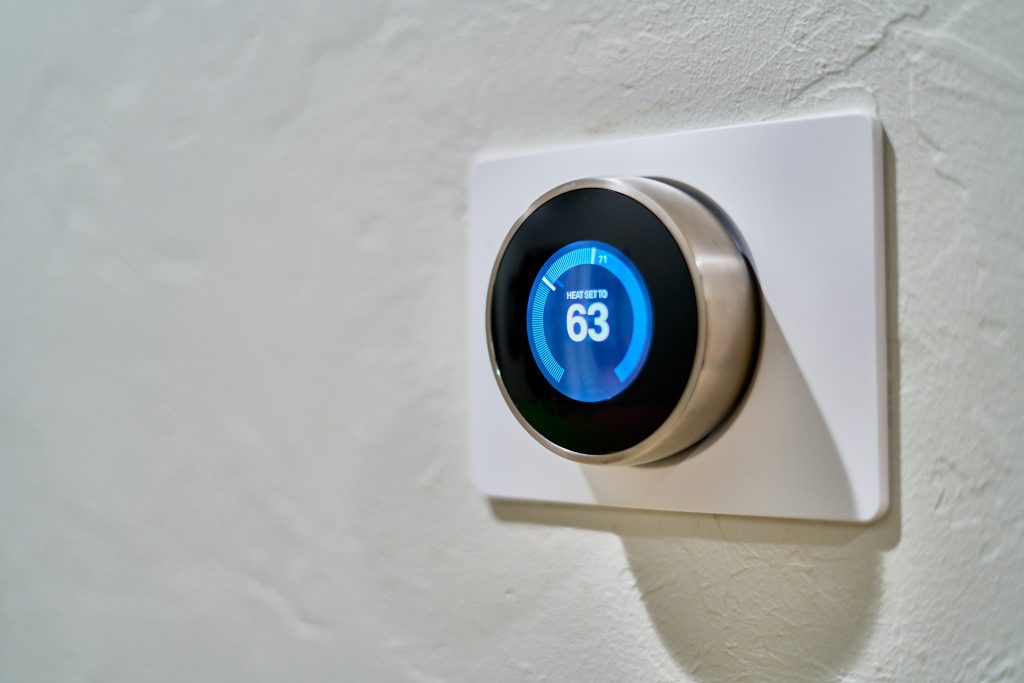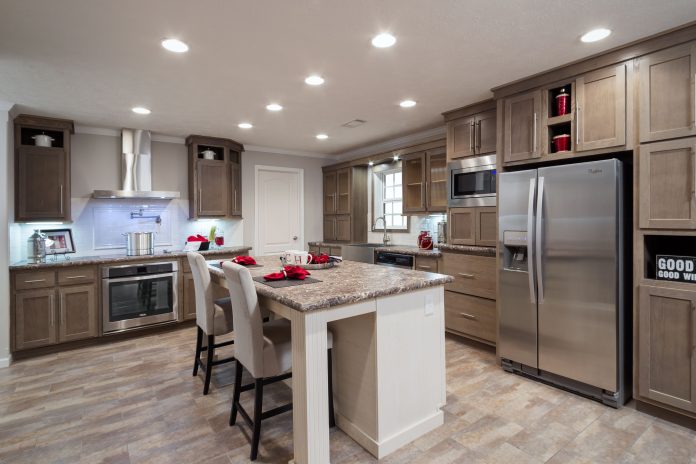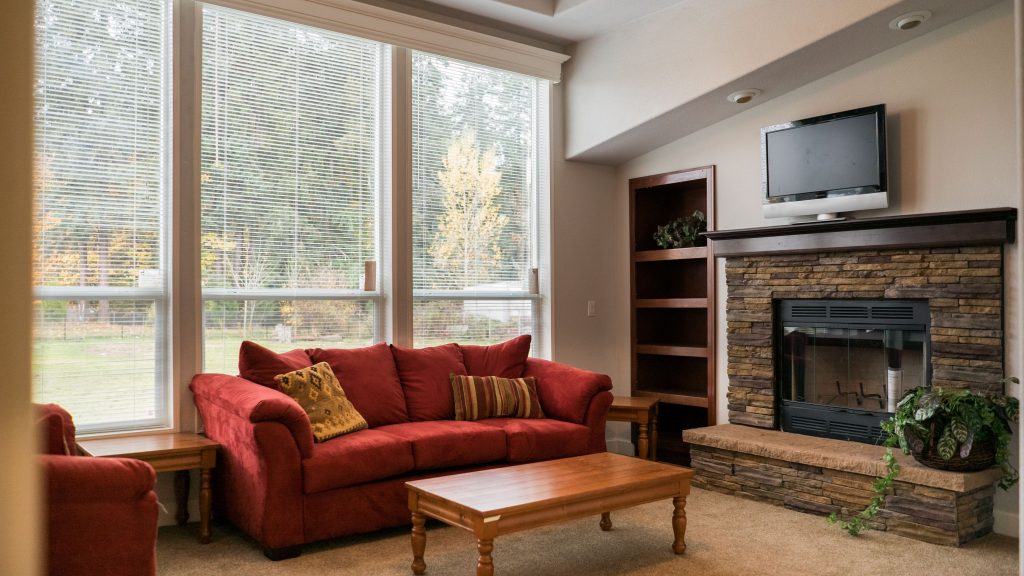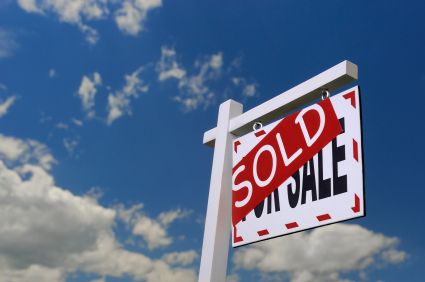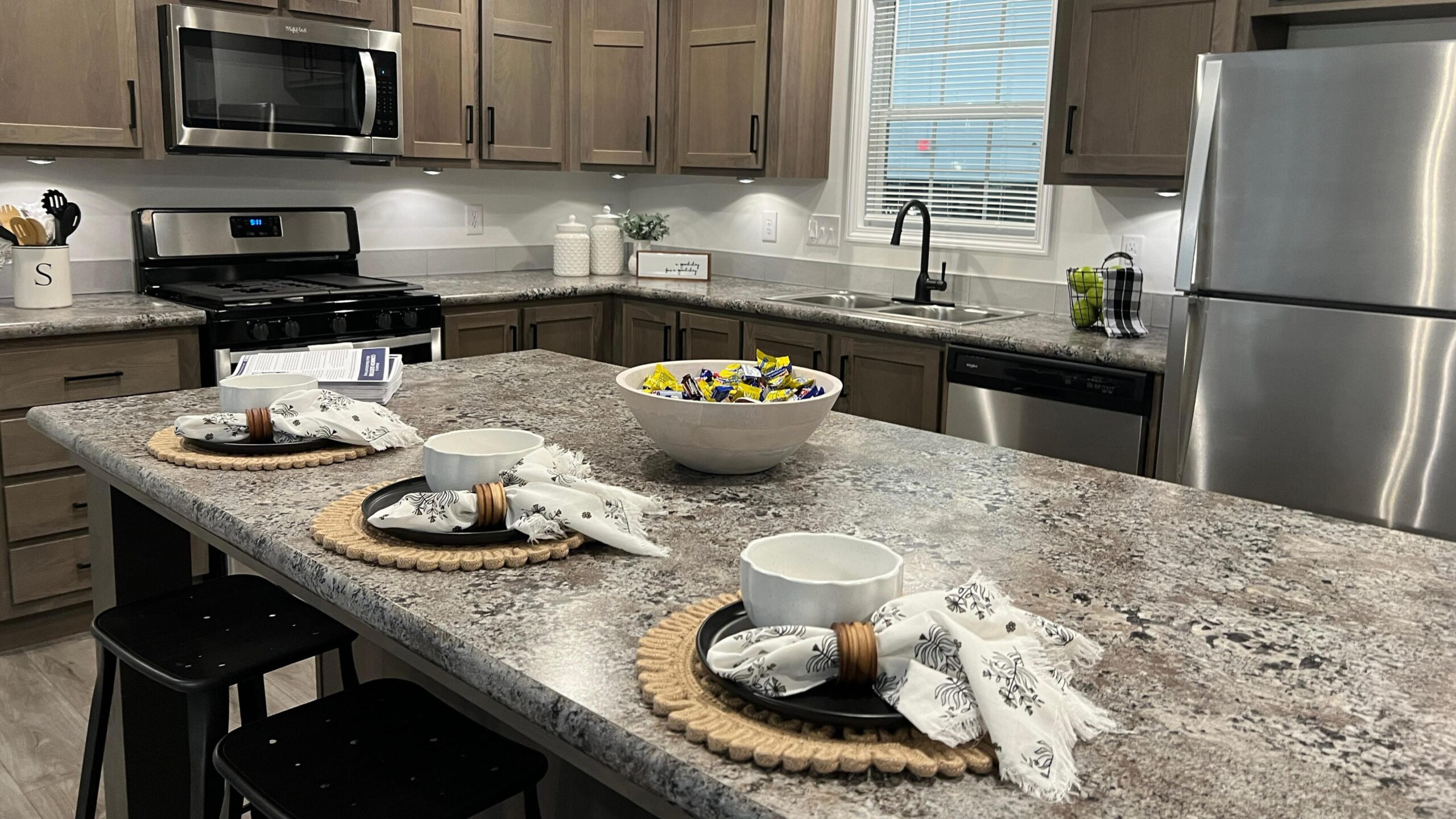Manufactured housing is already one of the most affordable ways to own a home in 2022. When it comes to manufactured home affordability, their high quality, factory-built nature keeps costs down and home ownership accessible for over 22 million Americans.
There are 10 U.S. states that, based on 2021 sales data, are among the most affordable in the entire country for owning a manufactured home. If you’re an aspiring homeowner, consider these ten states for manufactured home affordability:
Kansas

New manufactured homes in Kansas sell for an average price of $51,780, the lowest average price in the entire country. And pre-owned manufactured homes sell for even cheaper in the Sunflower State, at just $24,306. If you’re looking to make a move in the Midwest and have a desire to see the plains of Kansas or maybe live near the downtown Kansas City area (the one that’s IN Kansas, anyway), then Kansas is a prime candidate.
Arkansas
Add two letters to Kansas, and you get the next state in our list – Arkansas. If you’re buying a manufactured home in Arkansas, you’ll likely find a home at or around the average of $56,812 for a new manufactured home and $50,394 for a pre-owned manufactured home. For those looking for a house to move into in the American South, Arkansas is a great state to call home if you’d like to buy a manufactured home on a budget.
Mississippi
Just kitty-corner from Arkansas is Mississippi, another great state in the South for manufactured home affordability. In Mississippi, new manufactured homes sell for an average of $57,361, with pre-owned homes in the state selling around that same level. This makes the Hospitality State another leading option for manufactured home affordability if you’re looking to buy a mobile home.
Oklahoma
It’s not just the name of a highly popular Broadway musical – it’s the next state on our list for manufactured home affordability. New mobile homes in Oklahoma sell for $58,743 on average, with pre-owned mobile homes going for $40,777 on average. In the spirit of the Sooner State, if you want to own a manufactured home in the state and take advantage of some of the country’s lowest manufactured home prices, you’d better do it sooner than later.

North Dakota
On the opposite side of the country, we have North Dakota. If you’re buying a manufactured home in North Dakota, you’ll find the average price is $60,841 for a new home and $44,969 for a pre-owned home. Not bad for a state with one of the lowest unemployment rates in the country alongside its strong economic health and opportunities. For the nature lovers, you can even take advantage of the multiple spots in the state where you can see the Northern Lights!
Missouri
Missouri holds both the Gateway to the West and the next spot on our list for manufactured home affordability. With new manufactured homes in Missouri at $61,642 and pre-owned manufactured homes at just $37,026, there’s so much to do and see in Missouri, from St. Louis to the Ozarks, at such an affordable average price.
Virginia
Of the original 13 states, Virginia is the most affordable for manufactured home living. A new manufactured home in Virginia will cost $61,719 on average, with a Virginia pre-owned manufactured home right near that range at $63,436. You might not live right next to Washington’s birthsite, but you’ll save thousands of dollars on a quality home.
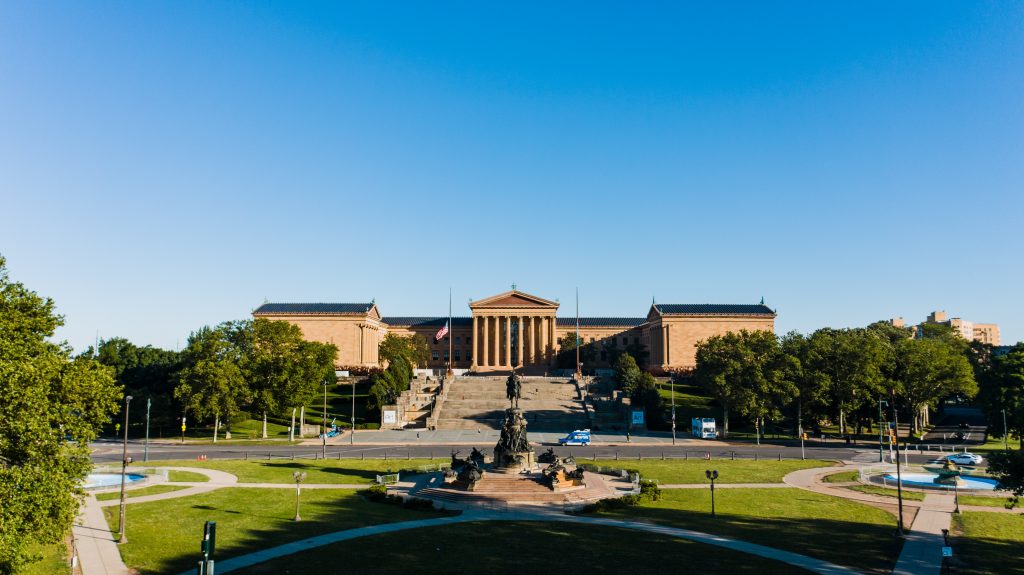
Pennsylvania
Pennsylvania: home to great philly cheesesteaks, Rocky Balboa, and some of the most affordable manufactured homes in the country. New manufactured homes in Pennsylvania go for $62,523 on average, making this one of the lowest-priced states on the country’s eastern side for manufactured homes. Pre-owned manufactured homes come in even cheaper at an average of $37,307.
Kentucky
If you’re looking for affordable manufactured housing in the Midwest, Kentucky might have you covered. New manufactured homes in Kentucky sold in 2021 at an average of $63,742, with the average price for pre-owned homes hovering similarly at $61,970. If you want to check out their namesake Derby or settle in the suburbs of Frankfort, then a manufactured home in Kentucky might be for you.
Georgia
If you had to list all of the things Georgia was known for, affordable manufactured housing might not come to mind at first. But, with new manufactured homes in Georgia going for $64,397, far lower than the cost of site-built homes in the state, any homeowner-to-be in Georgia should consider a manufactured home for affordability and quality. Pre-owned manufactured homes in Georgia are even cheaper, at just $41,900.
If you live in, or are thinking or moving to one of these states and you’re looking to buy a manufactured home, don’t wait on some of the lowest prices for manufactured homes in the market. Visit MHVIllage today to search for manufactured homes by state and find the home of your dreams without breaking the bank.



